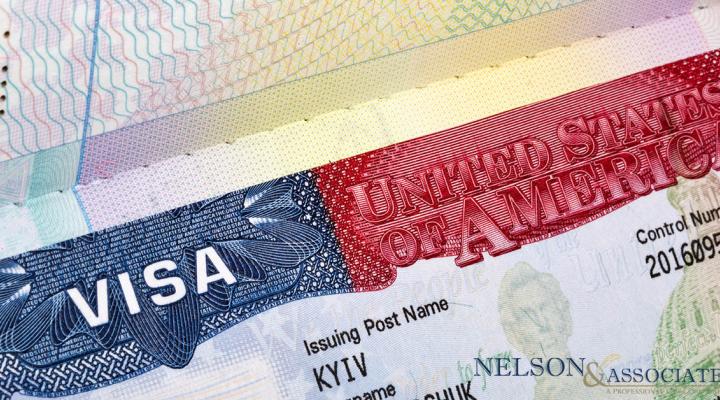My Visa was Denied, Now What?

Any citizen of a foreign country who wishes to enter the United States must obtain a visa, either a nonimmigrant visa for a temporary stay, or an immigrant visa for permanent residence. Visitor visas are nonimmigrant visas for persons who want to enter the United States temporarily for business (visa category B-1), for tourism (visa category B-2), or for a combination of both purposes (B-1/B-2).
There are a few things you can do to try and rectify the situation if your visa was denied. Here are some detailed instructions to apply again.
Why Was Your Visa Denied?
The first step is to find out the reason for the denial. Most embassies and consulates provide a written explanation of the reason for the denial, which can be helpful in determining what went wrong. Common reasons for denial include:
- Waiver of Ineligibility
- Insufficient funds to pay the application fee
- Criminal history not disclosed or not properly disclosed
- Incomplete or inaccurate application forms
Consider Reapplying for a Visa
If the reason for the denial is something that can be clarified, solved or provided, you may consider reapplying for the visa. However, you should only do this if you are confident that you can provide additional information or documentation that will satisfy the embassy or consulate requirements for the visa.
Address the reason for the denial: If the reason for the denial is something that can be rectified, you should take steps to address the issue. For example, if your visa was denied because you did not provide sufficient evidence of your financial situation, you could provide additional bank statements or other evidence of your financial means.
Getting an ineligibility waiver: Form I-601 for applicants applying from outside the U.S or Form I-601A for applicants within the U.S. is used to apply for a waiver after you are found unqualified to apply for a green card or visa. The waiver process is long and there is no guarantee you will receive a waive, but it is an option for re-application. The U.S. government decides to issue a waiver or not at the discretion of the embassy or consulate officer who found you ineligible but recommends you receive a waiver.
Seek legal advice: If you are unsure of how to proceed or if you believe that the denial was unfair, you may want to seek legal advice. An immigration lawyer can review your case and provide guidance on the best course of action. Remember that there are nonprofit organizations across the country that offer free legal advice as well. Use our curated library of education, resources, expert services and sponsored offerings from experts and providers.
Understand “administrative processing”: This happens when occurs when an officer at the embassy or consulate determines that additional information from sources other than the applicant themselves is needed before the B visa can be approved. If your case is in administrative processing, a letter from the embassy or consulate will explain this and what you can expect after the processing. Contact the embassy or consulate directly if you have additional questions about your administrative processing and how long it may take.
When to Reapply for a Visa
There is no time restriction for when you may reapply, but you will need to make sure the reasons for your denial are addressed or risk having the same outcome. Remember that every time you apply you must pay an application fee, as well.
Get support from a community organization or an attorney to make sure you have the best chances of approval upon reapplying.
The information provided on www.onepercentforamerica.org is intended for general informational purposes only. It should not be considered as professional advice or a substitute for seeking professional guidance.



